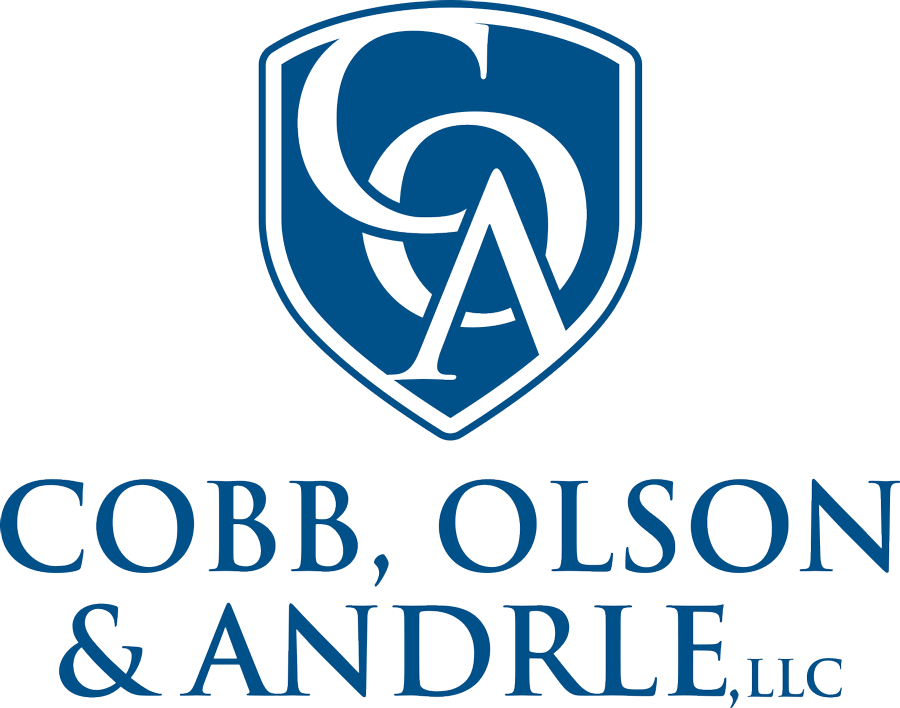We know HOA, Condo and Real Estate law can be complicated sometimes. We also know that sometimes you just need to ask a simple question. Below is a list of commonly asked questions and answers about HOA, Condo and Real Estate law in Georgia.
Does placing a lien on a property get AN Association paid?
Placing a lien on a property will get the Association paid when the property sells. This will prevent the homeowner from selling the property until the dues are paid. The lien is only legally enforceable for 4 years. Associations are only allowed to go back 4 years to collect on a debt.
WHEN Do you need to place a lien on A property?
You only need to place a lien on a property if it is part of a Homeowners Association. If your Association is a Condominium or Property Owners Association, there is an automatic lien on the property called a statutory lien.
What happens when the HOMEOWNERS Association obtains a judgment against a homeowner?
The judgment is valid for 7 years and after a judgment is granted, the Homeowners Association has the right to garnish wages or bank accounts, or seize (“levy”) the homeowner’s personal property with the aid of the County Sheriff.
What is a garnishment?
A garnishment is a way to collect on a judgment that was obtained by the Association. Once a judgment is granted, the Association can garnish wages and/or bank account. A wage garnishment can last 6 months and be refiled every 6 months until the judgment balance is paid in full. A bank garnishment is a one-time garnishment of a person’s bank account.
Can a HOMEOWNERS Association foreclose on a property for non-payment of HOA Dues?
If your Homeowners Association is a Condominium Association or Property Owners Association, the Association has the right to foreclose on the property if the judgment balance is $2,000.00 or more. The suit must be filed in Superior Court. The judgment is still a money judgment and the Association can still garnish but if the attorney is unable to locate bank or employment information, the Association has the additional right to foreclose the property.
If your Association is a common-law HOA, all liens must be paid off before any foreclosure can occur. If there are no liens on the property, then a common-law HOA can foreclose on the property and take title.
Does the HOMEOWNERS Association own the property when it forecloses?
Like any other public auction, others can bid on the property once the property is put up for sale. Whoever owns the property after the property is auctioned off, is responsible for the mortgage and that owner will need to evict the former owner.
What happens when a homeowner files for bankruptcy?
Once a homeowner files bankruptcy the Association is limited in its ability to collect on that debt.
There are two types of bankruptcy filing. Chapter 13 and Chapter 7.
Chapter 13 is a repayment plan of all debts owed at the time of filing, approved by the bankruptcy court. The account would need to be split from the date the bankruptcy is filed, and a proof of claim is filed to ensure that the Association gets paid the amounts that are included in the bankruptcy. The homeowner is still responsible for any current assessments that come due after the bankruptcy is filed. If the homeowner does not pay the current assessments, the Association has the option to file a motion for relief of stay with the bankruptcy court and once the court grants the motion, the Association has the right to begin legal action on the post-bankruptcy amount.
Chapter 7 is a complete release of all debts owed at the time of filing and once the case is finalized, the debt can no longer be collectible personally from the homeowner. If your association is a Condominium Association or Property Owners Association, the debt can still be collected at closing.

